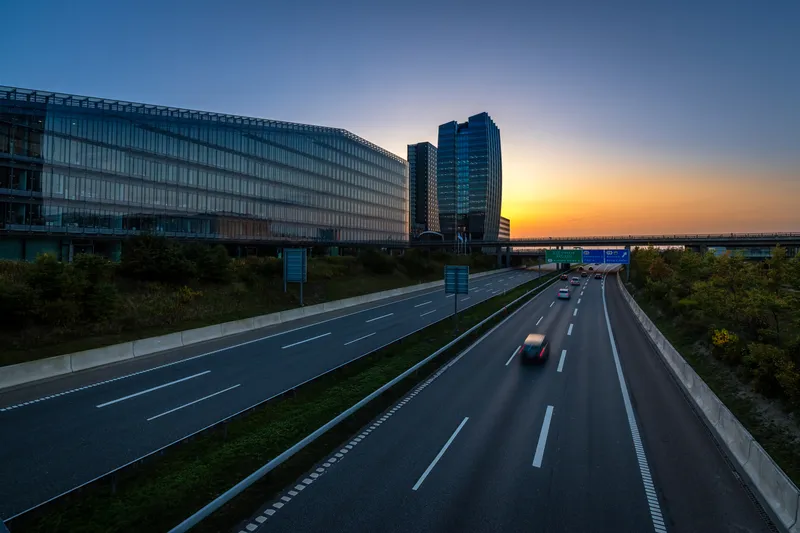
Kapsch TrafficCom has completed a multi-lane free-flow (MLFF) tolling system in the Bizkaia (Biscay) province of the Basque region of Spain.
The contract for the system was awarded in 2022 by Interbiak. Kapsch not only completed the installation of the system in time, but delivered an additional 10 gantries, increasing the number of gantries to 26, and total number of lanes covered to 146. Since the system went live on 1 July, it has been processing more than 1.4 million transactions daily.
The truck tolling system is installed along different sections of the A-8 towards Cantabria, the N-636 from Beasain to Durango via Kanzapar and the N-637 from Cruces to Erletxes. It includes the gantries, cameras, sensors and all associated hardware and software. Additionally, Kapsch was awarded a level 2 and 3 maintenance contract until June 2026.
As part of the innovative project, Kapsch TrafficCom also installed three roadside units that can be used for connected vehicle use cases, adding to the 25 installed units already installed in the Bizkaia C-ITS corridor. This will further expand the use cases of this smart corridor, guaranteeing safer and more efficient traffic in the region.
Kapsch said that one of the bigger challenges was the installation of the gantry at Rontegi Bridge, one of the most sensitive road sections of the Bizkaia road network. The gantry, more than 40m wide, covers four lanes in both directions, explains Javier Aguirre, managing director of Kapsch TrafficCom Spain and Portugal. “Despite the bridge having the highest traffic flow in the Bizkaia region with 180,000 vehicles daily, the installation was successfully completed in one night without closing the road,” he said.
The MLFF system is designed to improve traffic flow and reduce greenhouse gas emissions by eliminating the need for vehicles to stop at toll collection points. It is flexible and scalable, meaning it can adapt and expand its capacity without major changes. It also has redundancy built into all critical elements, enhancing its reliability and making it one of the most dependable systems of its kind on the market, according to Kapsch.
Kapsch TrafficCom is a global provider of transportation solutions with successful projects in more than 50 countries. It is based in Vienna, Austria, with subsidiaries and branches in more than 25 countries. In its 2023-24 financial year, about 4,000 employees generated revenues of €539 million.







